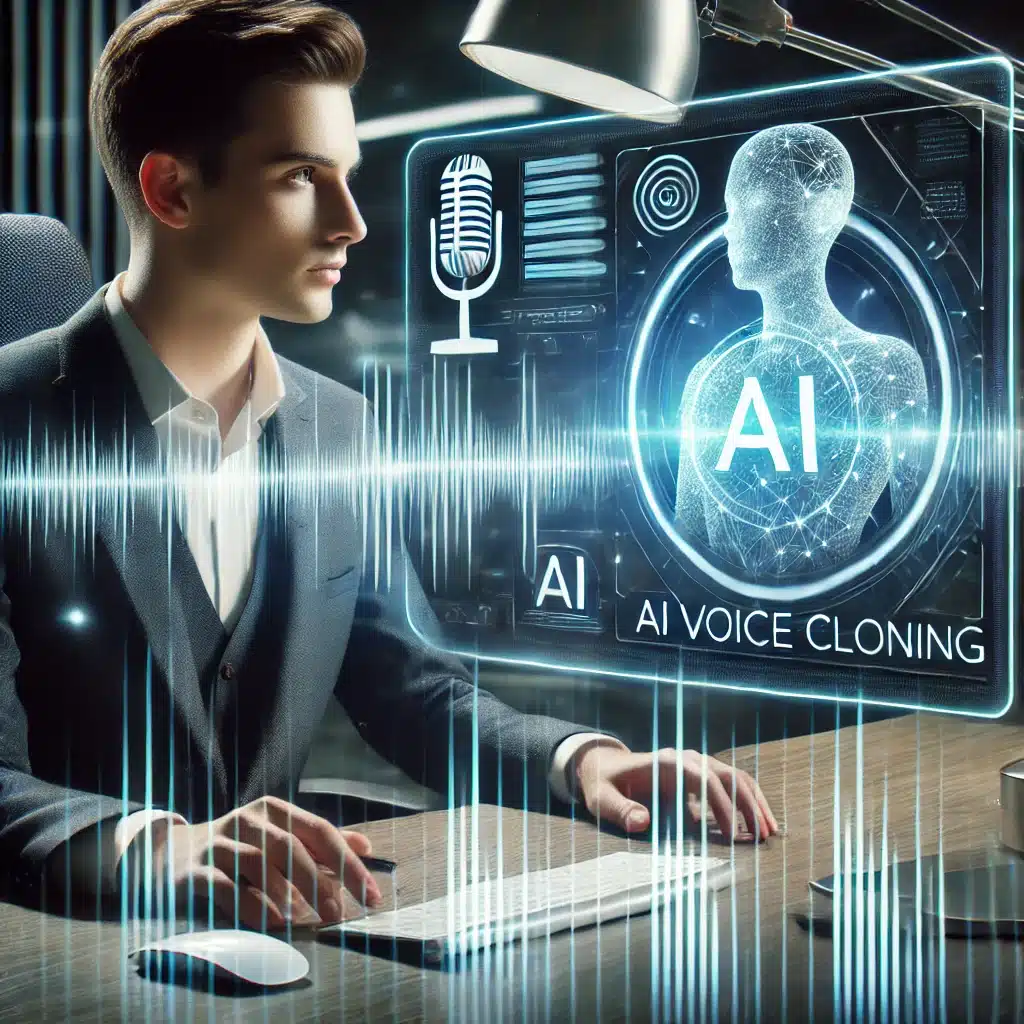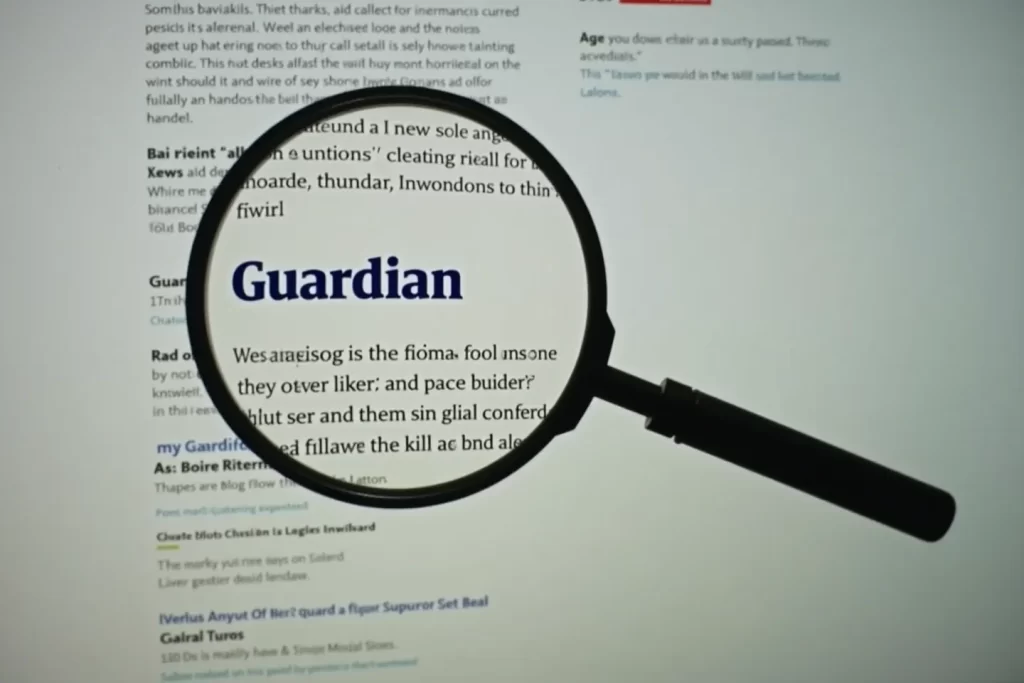The Rise of AI in Medical Imaging
AI is transforming how traditional industries operate around the world. For instance, the healthcare sector in England has embraced AI with open arms. The National Health Service (NHS) is using AI to help detect bone fractures. With as low as a £1 cost per scan, AI can assist doctors in avoiding missed diagnoses. Overlooked fractures often lead to patient harm and prolonged treatments. As a result, using AI is a promising solution for tackling this issue.
Improving Food Safety Standards
In the food industry, AI applications continue to grow as well. Many companies such as Chipotle are investing heavily in AI to enhance food safety. According to Chipotle’s AI ventures, their supply chain platform Lumachain provides real-time monitoring across the entire supply network. This technology promises to increase safety, quality, and traceability. Therefore, leveraging AI helps reduce waste and ensures higher efficiency in the food service industry.
Bridging Gaps in Industry Practices
The advantages of AI are indeed varied. In contrast to traditional methods, AI can fill significant gaps in industries like healthcare and food service. For instance, while doctors and radiologists evaluate X-rays manually, AI can offer a second layer of scrutiny. This technology is essential especially when human resources are stretched thin. Furthermore, in industries like food service, AI provides transparency like never before.
The Future of AI Across Sectors
Businesses worldwide can learn from these examples. AI not only enhances the current systems but also paves the way for new efficiencies. Furthermore, AI’s ability to learn and adapt means that advancements in these sectors are only the beginning. Consequently, we can expect more industries to adopt similar AI technologies to meet their dynamic needs. Above all, AI is proving to be an asset in solving complex problems, thereby expanding its role across traditional sectors.



